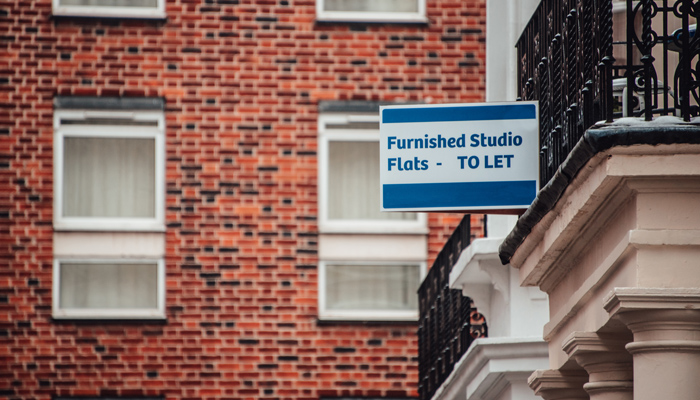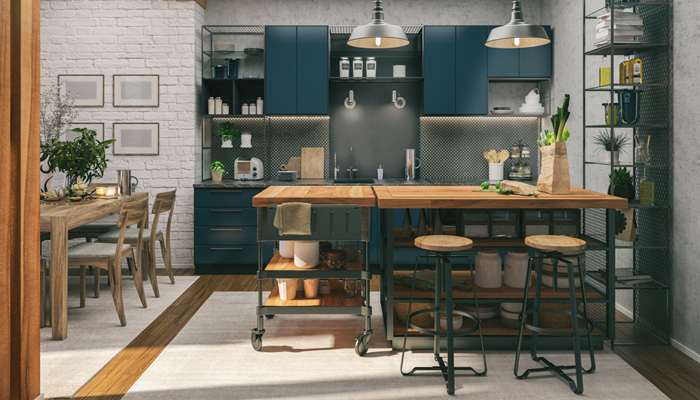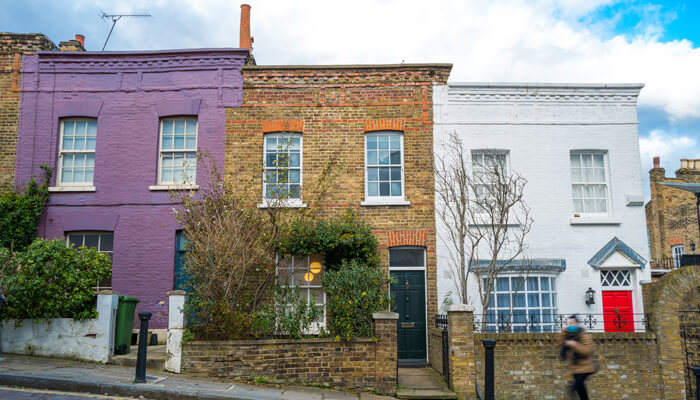How to Calculate Rental Income
How to calculate net rental profit on your property lettings
Wondering whether or not you can expense the new countertops you had installed in your rental home or the cup of coffee you bought for your tenant? This guide lists common allowable expenses and will help you calculate your rental income.
To determine the net profit or loss of your rental properties:
- Add together your rental income from ALL of your properties.*
- Add together your allowable expenses from ALL of your properties*
- Subtract your allowable expenses from your rental income.
*Note: rental income on foreign property needs to be declared separately as foreign income.
You should also know:
- You’re allowed to deduct expenses on one property against the receipts on another. You must pay tax on any profit.
- You have to pay Class 2 National Insurance if being a landlord is your main job, you rent out multiple properties, you're buying new properties to rent out and your profits are over £12,570* per year. You will also have to pay Class 4 National Insurance if your profits are £11,909* or more a year (based on 22/23 tax year.)
How to determine allowable expenses
You can offset some of your rental property’s costs by claiming any expenses you incur wholly and exclusively for your rental property.
Alternatively, if you incur an expense that is only partially for your rental property, but you are able to calculate a definite proportion used wholly and exclusively for your property business, you are able to deduct that proportion. For more information, see the HMRC’s Business Income Manual.
Quick reference table for allowable expenses:
| Can be claimed | Cannot be claimed |
|---|---|
| Home maintenance costs | Home improvement costs |
| Interest on loans used to repair the property | Full cost of mortgage or loans used to repair the property |
| Management fees paid to a letting agent, rent collector, etc. | Management fees paid to you (the landlord) for your labour |
| Misc. household costs (e.g. advertising) | Misc. personal costs (e.g. clothing) |
| Ground rent | Capital expenditures |
| Service charges (including utility bills) | |
| Accountant fees | |
| Vehicle running costs | |
| Council Tax | |
| Insurance (including Landlord Insurance) | GET A QUOTE |
Additionally, you may be able to claim:
-
Capital Allowances –You can claim capital allowances on furnished holiday homes and commercial properties, provided you meet certain requirements.
-
Wear and Tear Allowance – If your residential letting is furnished, you used to be able to claim for wear and tear of furnishings, such as cookers, carpets, beds and televisions.
This allowed you to claim a maximum of 10% of the net annual rent (income less expenses) each year.
However, this has now changed and has been replaced by Domestic Items Relief. This only applies to items you are replacing and you can't claim tax relief on the initial cost of setting up a property for the first time with furniture or appliances. It can only apply when an item is genuinely replaced and no longer used in the property.
How to calculate rental income
Your rental income consists of the rent you receive from your tenants plus any funds you receive for covering various service charges.
Depending on the tenancy agreement, your rental income could include:
- Rent for the letting of your property (e.g. houses, flats, apartments, office space, etc.).
- Permits associated with your property (e.g. parking permits, sporting rights, etc.).
- Fixed service charges (e.g. fees for maintaining communal areas, utility charges, etc.).
- Variable service charges (e.g. arranging property repairs).
- ‘Sinking’ funds (e.g. slush fund for emergencies, unexpected structural maintenance, etc.).
- Easements allowing your tenant to use your property in a specific way.
- Sums received for the use of furniture, furnishings, etc.
- Reverse premiums and deemed premiums.
- Property insurance.
If you are paid for any services that a landlord does NOT normally provide (e.g. regular laundry services, house cleaning, meals, etc.), this income should be treated separately, as trading income instead of rental income.
Note: you’ll need to consult your tenant if your service charges require your tenant to pay more than £250 for planned work or £100 per year for ongoing work (lasting more than 12 months).
How to calculate tax on rental income
To calculate how much tax you owe on your rental income:
1. First, calculate your net profit or loss:
Rental Income - Allowable Expenses = Rental Profit
2. Second, deduct your personal allowance:
Rental Profit – Personal Allowance = Total Taxable Rental Profit
| Allowances | Tax years from 2022-23 to 2027-28 | 2021-2022 | 2020-2021 | 2019-2020 | 2019-2018 |
|---|---|---|---|---|---|
| Personal Allowance* | £12,570 | £12,570 | £12,500 | £12,500 | £11,850 |
| Income limit for Personal Allowance* | £100,000 | £100,000 | £100,000 | £100,000 | £100,000 |
*If you were born before 6 April 1948 you may be entitled to a bigger Personal Allowance. For more information visit GOV.UK: Income Tax Rates and Allowances.
3. Finally, calculate your tax rate for the current year.
Total Taxable Rental Profit x Income Tax Rate (%) = Tax Owed on Rental Profit
See HMRC’s current income tax bands.
Example:
It is the 2023-2024 tax year, and Sarah is a basic rate taxpayer who has made £15,570 in rental income with £2,000 in allowable expenses. How much tax does she owe?
- £15,570 rental income - £2,000 allowable expenses = £13,570 rental profit
- £13,570 rental profit - £12,570 personal allowance = £1000 total taxable rental profit
- £1000 total taxable rental profit x 20% basic rate income tax = £200 tax due
Sarah therefore owes £200 on her rental profit for the 2023-2024 financial year.
Landlord insurance from Towergate
We provide landlord insurance for a wide range of properties and tenants including multi occupancy, students, local authority placements, unoccupied and much more. See our landlord insurance page or call 0344 346 0409 for more.
Note: Every effort has been made to ensure the above information is correct at the time of this article going online, however, we recommend that you seek professional advice if required.
* figures based on 23/24 tax year.
About the author
 Alison Wild BCom (Hons), FMAAT, MATT, Taxation Technician is a highly respected industry professional who has been working with and advising SMEs in areas including tax, pensions, insurance and marketing for over 25 years. She is a fellow member of the Association of Accounting Technicians (AAT) and Association of Tax Technicians (ATT) and also has over 20 years' experience as a residential landlord.
Alison Wild BCom (Hons), FMAAT, MATT, Taxation Technician is a highly respected industry professional who has been working with and advising SMEs in areas including tax, pensions, insurance and marketing for over 25 years. She is a fellow member of the Association of Accounting Technicians (AAT) and Association of Tax Technicians (ATT) and also has over 20 years' experience as a residential landlord.
Date: May 03, 2024
Category: Landlords












